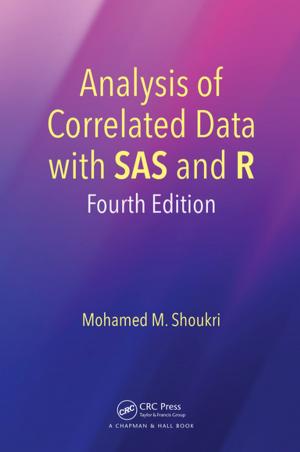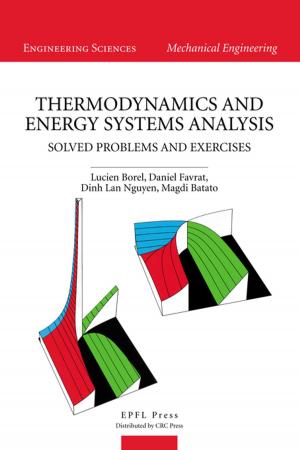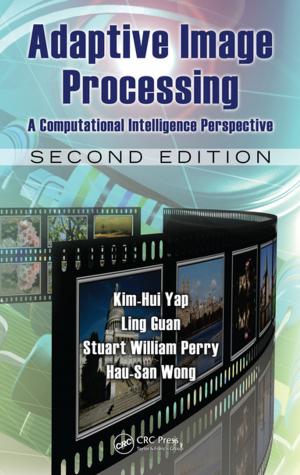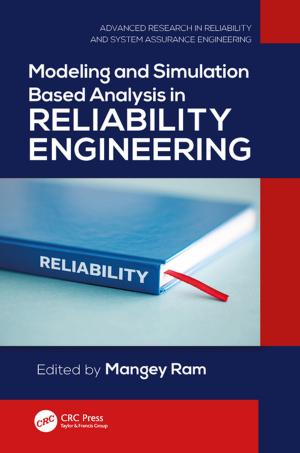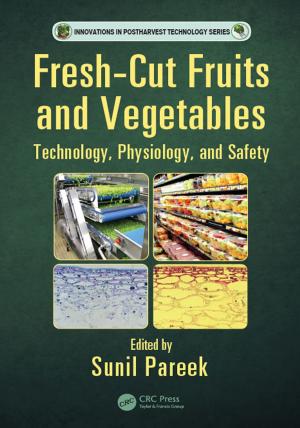Decision Modes in Complex Task Environments
Nonfiction, Science & Nature, Technology, Industrial Health & Safety, Engineering, Industrial, Electricity| Author: | Norbert Steigenberger, Heather Fiala, Thomas Lübcke, Alina Riebschläger | ISBN: | 9781351649858 |
| Publisher: | CRC Press | Publication: | May 25, 2017 |
| Imprint: | CRC Press | Language: | English |
| Author: | Norbert Steigenberger, Heather Fiala, Thomas Lübcke, Alina Riebschläger |
| ISBN: | 9781351649858 |
| Publisher: | CRC Press |
| Publication: | May 25, 2017 |
| Imprint: | CRC Press |
| Language: | English |
Despite intense research on decision-making in action, we still know little about when decision-makers rely on deliberate vs. intuitive decision-making in decision situations under complexity and uncertainty. Building on default-interventionist dual-processing theory, this book studies decision-making modes (deliberate vs. intuitive) in complex task environments contingent on perceived complexity, experience, and decision style preference. We find that relatively inexperienced decision-makers respond to increases in subjective complexity with an increase in deliberation and tend to follow their decision style preference. Experienced decision-makers are less guided by their decision preference and respond to increases in subjective complexity only minimally. This book contributes to a developing stream of research linking decision-making with intra-personal and environmental properties and fosters our understanding of the conditions under which decision-makers rely on intuitive vs. deliberate decision modes. In doing so, we go one step further towards a comprehensive theory of decision-making in action.
Despite intense research on decision-making in action, we still know little about when decision-makers rely on deliberate vs. intuitive decision-making in decision situations under complexity and uncertainty. Building on default-interventionist dual-processing theory, this book studies decision-making modes (deliberate vs. intuitive) in complex task environments contingent on perceived complexity, experience, and decision style preference. We find that relatively inexperienced decision-makers respond to increases in subjective complexity with an increase in deliberation and tend to follow their decision style preference. Experienced decision-makers are less guided by their decision preference and respond to increases in subjective complexity only minimally. This book contributes to a developing stream of research linking decision-making with intra-personal and environmental properties and fosters our understanding of the conditions under which decision-makers rely on intuitive vs. deliberate decision modes. In doing so, we go one step further towards a comprehensive theory of decision-making in action.

